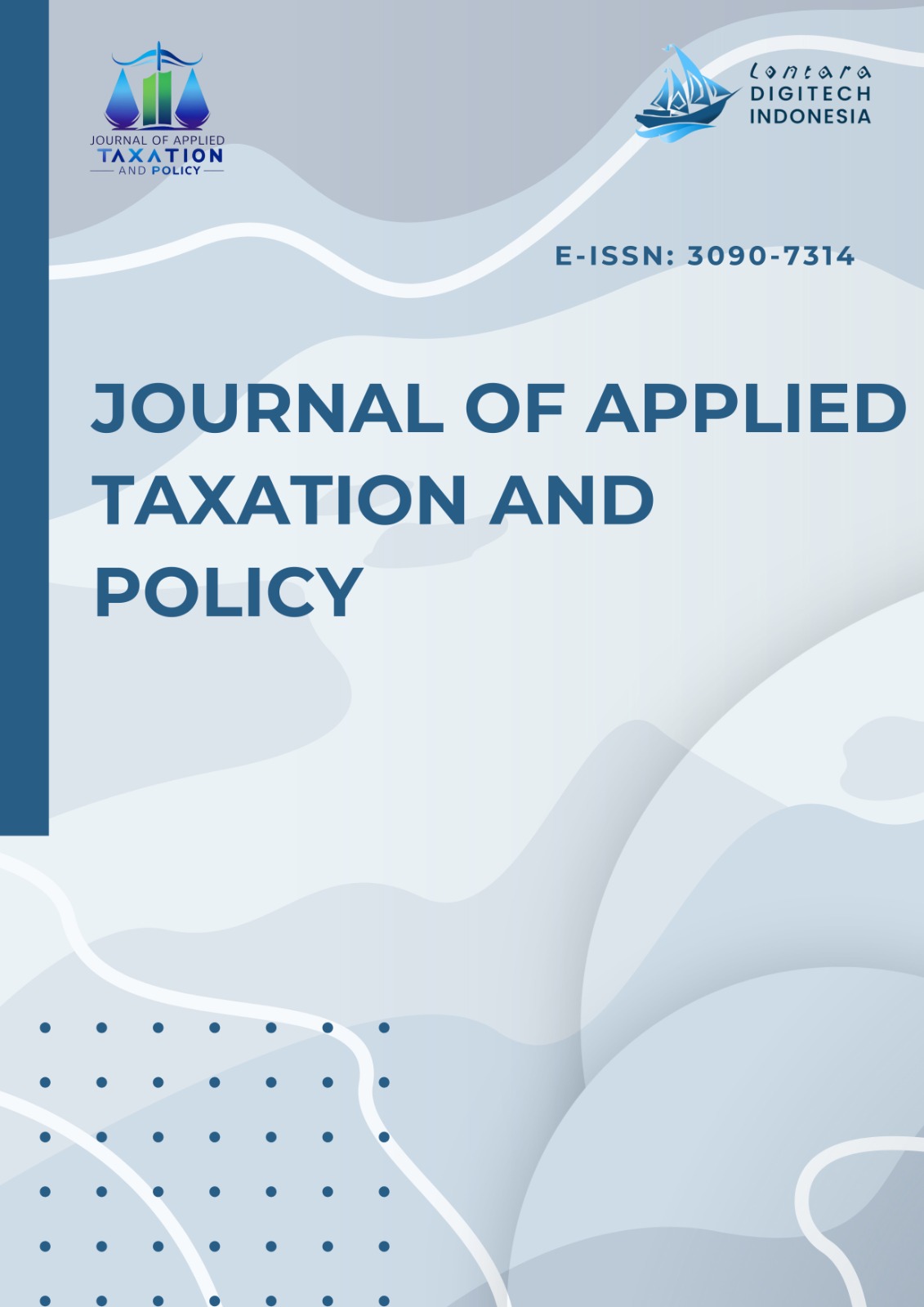 |
Open Access Policy
Open Access Policy
This journal provides immediate open access to its content on the principle that making research freely available to the public supports a greater global exchange of knowledge.
This journal is open access journal which means that all content is freely available without charge to users or / institution. Users are allowed to read, download, copy, distribute, print, search, or link to full text articles in this journal without asking prior permission from the publisher or author. This is in accordance with Budapest Open Access Initiative


Budapest Open Access Initiative
An old tradition and a new technology have converged to make possible an unprecedented public good. The old tradition is the willingness of scientists and scholars to publish the fruits of their research in scholarly journals without payment, for the sake of inquiry and knowledge. The new technology is the internet. The public good they make possible is the world-wide electronic distribution of the peer-reviewed journal literature and completely free and unrestricted access to it by all scientists, scholars, teachers, students, and other curious minds...
To achieve open access to scholarly journal literature, we recommend two complementary strategies:
- Self-Archiving: First, scholars need the tools and assistance to deposit their refereed journal articles in open electronic archives, a practice commonly called, self-archiving.
- Open-access Journals: Second, scholars need the means to launch a new generation of journals committed to open access...
Open access to peer-reviewed journal literature is the goal. Self-archiving and a new generation of open-access journals are the ways to attain this goal...
February 14, 2002
Budapest, Hungary
Signatories:
- Leslie Chan: Bioline International
- Darius Cuplinskas: Director, Information Program, Open Society Institute
- Michael Eisen: Public Library of Science
- Fred Friend: Director Scholarly Communication, University College London
- Yana Genova: Next Page Foundation
- Jean-Claude Guédon: University of Montreal
- Melissa Hagemann: Program Officer, Information Program, Open Society Institute
- Stevan Harnad: Professor of Cognitive Science, University of Southampton, Université du Québec à Montréal
- Rick Johnson: Director, Scholarly Publishing and Academic Resources Coalition (SPARC)
- Rima Kupryte: Open Society Institute
- Manfredi La Manna: Electronic Society for Social Scientists
- István Rév: Open Society Institute, Open Society Archives
- Monika Segbert: eIFL Project consultant
- Sidnei de Souza: Informatics Director at CRIA, Bioline International
- Peter Suber: Professor of Philosophy, Earlham College & The Free Online Scholarship Newsletter
- Jan Velterop: Publisher, BioMed Central














